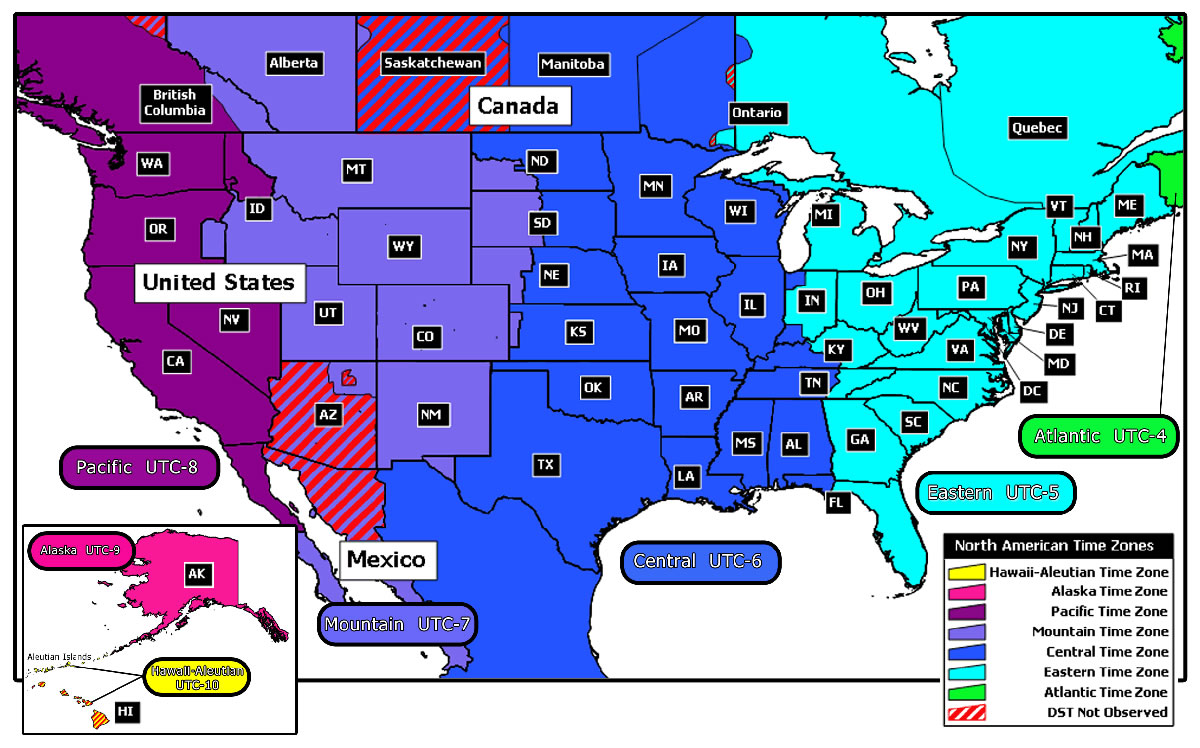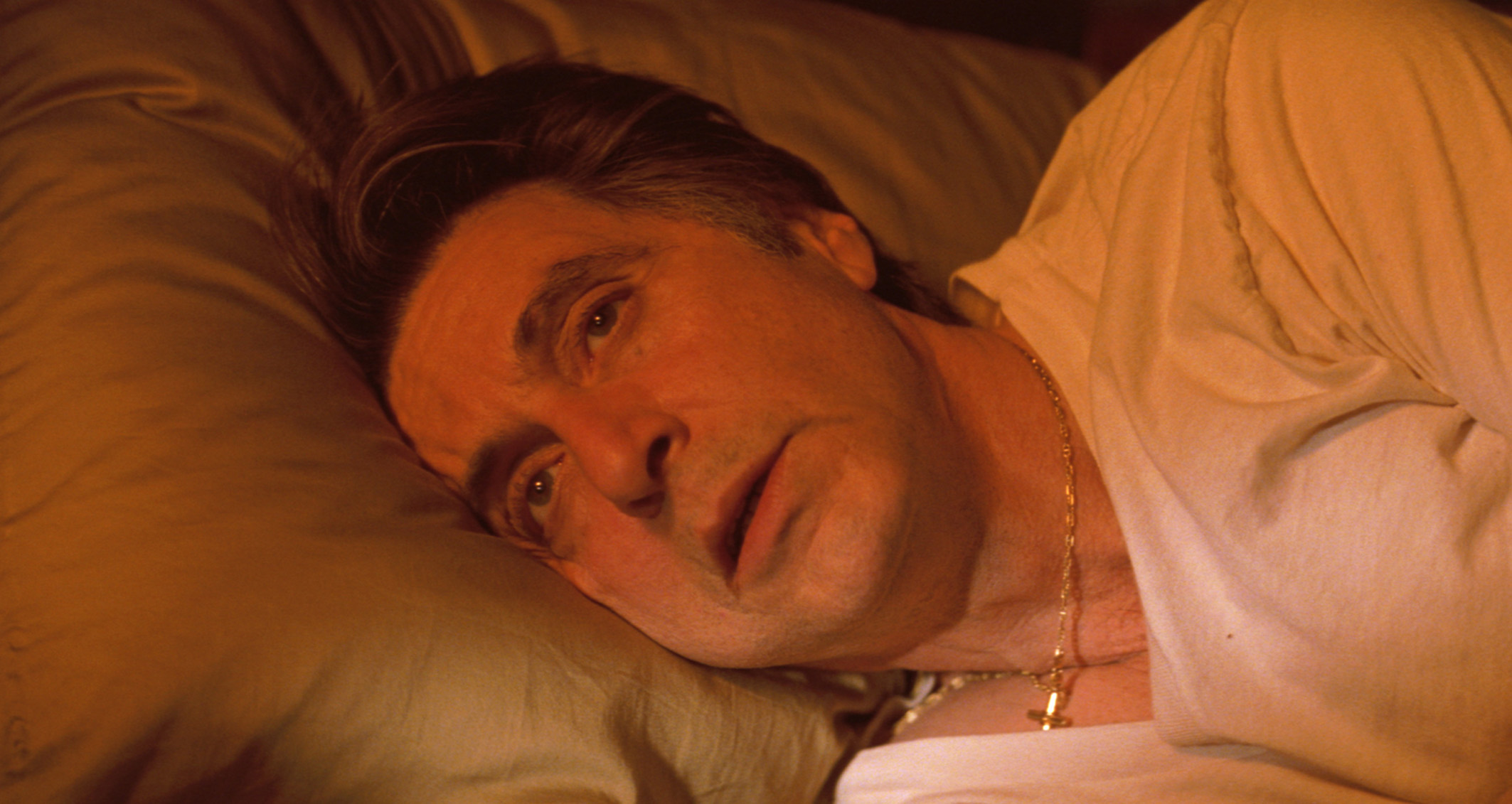We Should Abolish Daylight Saving Time
By:
This Sunday, Americans get an extra hour of morning light after the country switches its clocks back to end Daylight Saving Time. Every state but Arizona and Hawaii takes part in the national shift by adjusting their clocks one hour ahead on the second Sunday in March and then dialing them back one hour on the first Sunday in November.
 Penn State University - psu.edu
Penn State University - psu.edu
Why do we have daylight saving?
Why exactly do we do this? Look at the history and research behind DST, and you won’t find a compelling answer.
Germany and Hungary were the first countries in the world to roll out DST because they thought it would stem coal usage during World War I. A few years later, the United States and other European countries took it up on the same premise: more daylight hours means less darkness during the evening, which in turn means less demand for energy and electricity for things like lighting.
 Warner Brothers - warnerbros.com
Warner Brothers - warnerbros.com
Related: Here's What Tonight's Time Change Will Do to Your Health
Daylight Saving does not save much energy and might even lead to more usage.
Unfortunately, this theory doesn’t have a lot of weight behind it. A 2008 study by the U.S. Department of Energy found that shifting the day back and forth an hour only amounted to a savings of 0.03 percent of total energy consumption annually. The National Bureau of Economic Research, a nonprofit, collected seven million pieces of data from monthly residential power bills in southern Indiana in 2008 and found that DST actually boosted electricity use in the fall. According to the study, this was costing Indiana up to $14.5 million a year, thanks to bigger electricity bills and government spending to treat pollution.
Related: The Shady Reason You'll Be Changing Your Clocks This Weekend
12 states are reconsidering DST
The researchers predicted that these repercussions probably weren’t unique to Indiana, and more states appear to be taking issue with DST’s downsides. Right now, 12 are considering abolishing the switch, joining Hawaii and Arizona. Washington state Rep. Elizabeth Scott (R), the author of an anti-DST bill in her state, testified earlier this year to a state House of Representatives committee that eliminating DST would decrease heart attacks and work and vehicle accidents. "What I'm suggesting is that we save time by simplifying our lives,” Scott said, according to the Associated Press.
Public opinion country-wide seems to support that notion. Every year since at least 2012 more and more Americans have come out against the practice.
Straying from solar hours can have bad effects.
The idea that days in a country should be defined by their “solar” hours, or hours of sunshine, and not political mandates, is most supported by what’s happening in Spain and France. Despite being fixed just south of the United Kingdom, which is in Greenwich Mean Time, Spain and France have been running their clocks on Central European Time since World War II. That means both countries are an hour ahead of Portugal and Britain despite their close proximity. Not surprisingly, some residents of France use vinyl sheets as window curtains if they want to fall asleep before 11 PM, Spaniards sleep 53 minutes less on average than their European peers, and both countries are dealing with a slew of related health issues like high sleeping pill usage and low worker productivity.
